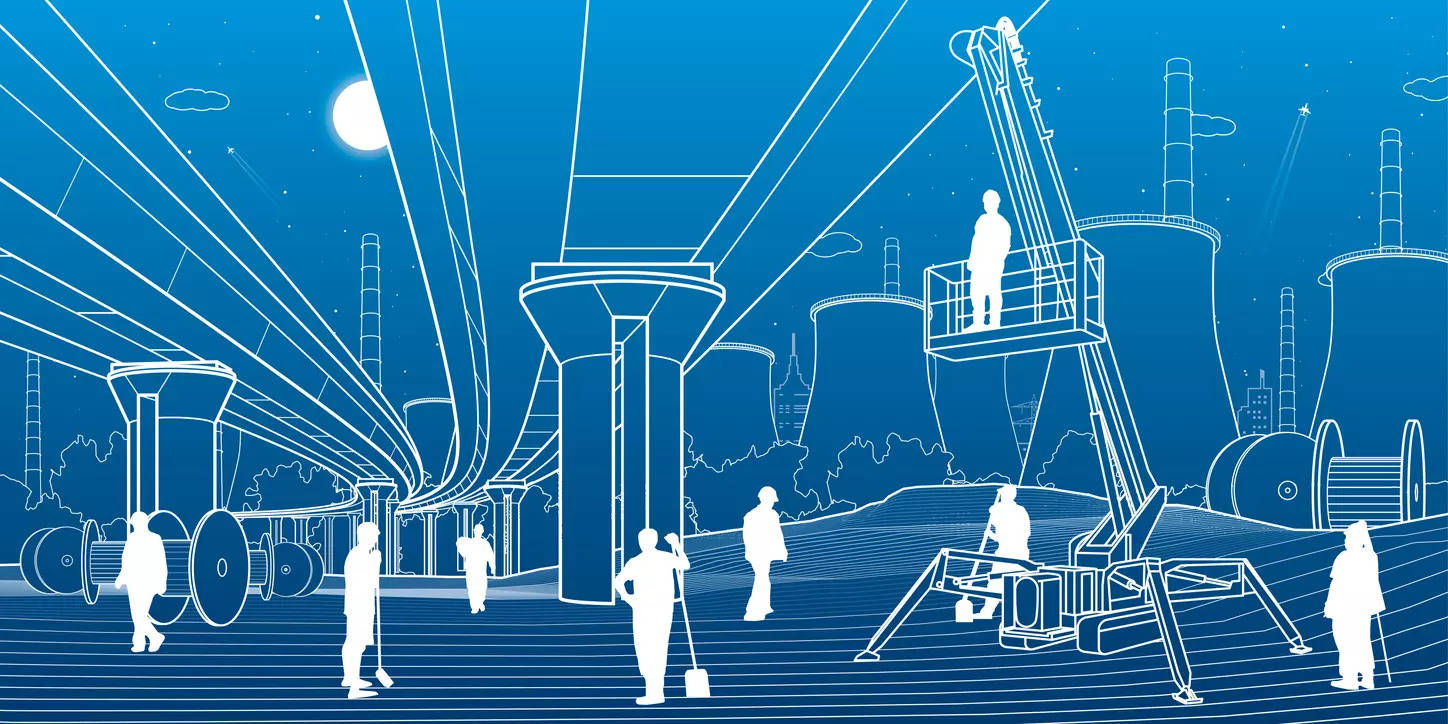
CHENNAI: Unlocking land potential through increased floor space index (FSI) and affordable processed land are essential to tackling Chennai’s housing and office space shortage, according to Anshul Mishra, member secretary of the Chennai Metropolitan Development Authority (CMDA).
Speaking at Infra Next 2024 organized by CII Chennai Zone on Wednesday, Mishra emphasized that resolving key urban issues would be crucial as Chennai gears up to become a major contributor to Tamil Nadu’s vision of a $1 trillion economy by 2030.
“Housing is one of the key indicators. But compared to other cities, Chennai is lagging in terms of new launches,” Mishra said.
An Anarock study revealed that only 17,000 units were launched in Chennai in the first nine months of 2024, while Bengaluru and Hyderabad saw 48,000 and 50,000 launches respectively. This shortage is pushing residents to move to the periphery or unplanned areas.
“Chennai has immense potential and will emerge as a top global city. We need policies that attract talent, create jobs in sectors like IT and research, and boost housing demand,” Mishra added.
While the city is progressing, Mishra acknowledged a lag in development that needs to be addressed. He highlighted that the CMDA is working on the third master plan, a comprehensive vision to develop Chennai into a global city.
“For the first time, we are conducting multiple studies to feed into the plan, including a comprehensive economic growth strategy for the Chennai metropolitan area, which will identify gaps and recommend measures to make the city more productive and compact,” he said.
Mishra underscored the importance of optimising the spatial distribution of industries, housing, and amenities, noting that more FSI provisions for office and housing are being considered. “We will densify core areas optimally using the FSI tool and identify corridors where densification is needed,” he stated.
During the summit, a CII-JLL white paper on the Transformation of Industrial Estates was also released. Srivats Ram, chairman of CII Tamil Nadu State Council, emphasized that Chennai’s rapid industrial and urban growth is supported by significant infrastructure development.
“With 40 industrial estates around the city, Chennai is not only an industrial hub for sectors like automotive, IT, and healthcare but also a growing urban centre. This expansion has increased demands for residential housing, road infrastructure, and sustainable transportation solutions,” Ram noted.
He highlighted major projects like phase two of the metro and private-public partnerships as crucial to addressing issues like traffic congestion.
Sanjay Chugh, city head and director at Anarock Property Consultants Pvt Ltd, pointed out some reasons for the limited number of new residential project launches in Chennai. They are:
- Acquiring suitable land for residential development can be a challenge due to high land costs, disputes, and limited availability of land in prime areas.
- If required physical and social infrastructure (roads, schools, hospitals) is not in place or planned for certain areas, developers may choose to delay launches until conditions improve.
- Developers in Chennai prioritise completing ongoing projects rather than launching new ones to restrain the inventory of unsold units.


